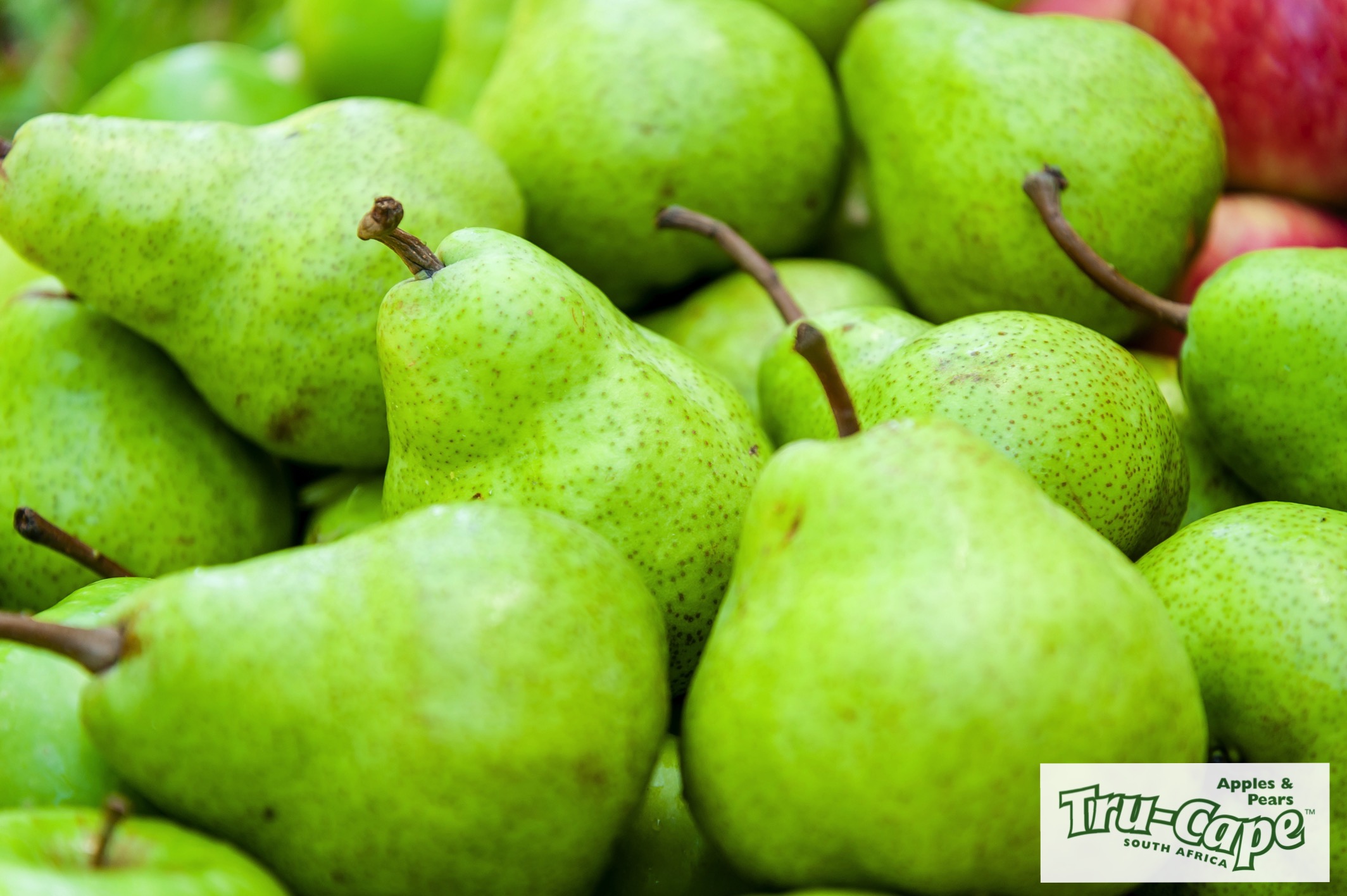What You Need to Know when Buying and Exporting Apples and Pears from South Africa
What You Need to Know when Buying and Exporting Apples and Pears from South Africa
In South Africa, apples and pears are important fruit crops. More than 120 apple growers and 25 pear growers supply local and export markets with their produce. Apples and pears are grown mostly in the Western Cape, Eastern Cape, Northern Cape, KwaZulu-Natal and North West provinces. Smaller orchards can also be found in other provinces, for example in Limpopo and Mpumalanga where growing conditions favour production of these fruits. There is also potential for further development of both apple and pear production in most parts of the country. In this article you will learn about the different types of apples; Fuji, Gala, Red Delicious, Golden Delicious, Granny Smith and Cox’s Orange Pippin; as well as the different types of pears – Conference, Williams or Bartlett – which are grown locally or exported from South Africa.
Why Grow Apples and Pears?
Apples and pears are important tree crops, providing food, beverage and health product ingredients. They are also valuable sources of employment and income in the agricultural sector. The export market for apples and pears is also a source of foreign exchange earnings. Growing apples and pears is not only a commercial venture but also an agricultural endeavour which contributes to the conservation of biodiversity within the orchard. These orchards can serve as habitats for many species of birds, animals and insects that are dependent on trees for their survival.
Export Destinations of South African Apples
Apples are South Africa’s number one fresh produce export. The major export markets for South African apples are the United Kingdom (UK), the United States of America (USA), Japan, Germany, France and Australia. The season for apples is from August/September to February/March each year. In recent years, export volumes of apples from South Africa have fluctuated significantly. This is mainly due to the strong competition from other apple-producing countries in the Southern Hemisphere.
Export Destinations of South African Pears
Most South African pear exports are destined for the European Union. Pear exports to France, Germany, the Netherlands and the United Kingdom account for the majority of South African pear exports. The main varieties of pears grown in South Africa are Conference, Bartlett and Williams. The pear season is from August to February each year, with the main pear-producing areas being the coastal provinces of the Eastern Cape and KwaZulu-Natal.
Types of Apples Grown in South Africa
Fuji – This is a table apple with a yellow skin and a red-coloured flesh. It has a sweet flavour and is a good keeper. It is the most popular apple in South Africa. Galas – This is another table apple with a yellow skin and red flesh. It has a slightly sour taste and does not keep well. Red Delicious – This is a table apple that has a red skin and yellow flesh. It has a slightly sour taste and does not keep well. Golden Delicious – This is a table apple with a yellow skin and yellow flesh. It has a sweet taste and does not keep well. Granny Smith – This is a cooking apple with a green skin and green flesh. It has a tart taste and keeps well. Cox’s Orange Pippin – This is a table apple with a red skin and orange flesh. It has a sweet taste and keeps well.
Types of Pears Grown in South Africa
Conference – This is a table pear with a greenish-yellow skin and yellow flesh. It has a sweet flavour and does not keep well. Bartlett – This is a table pear with a yellow skin and yellow flesh. It has a sweet flavour and keeps well. Williams – This is a table pear with a yellowish-green skin and yellowish-green flesh. It has a sweet flavour and keeps well.
Conclusion
Orchards are a common sight in all parts of South Africa where conditions are suitable. Like any other agricultural activity, the production of apples and pears is also subject to variations in the weather, both in terms of rainfall and temperature. The supply of apples and pears is therefore not constant throughout the year. The season starts in August with the apples followed by the pears in September. The supply of apples and pears is at its highest in December. Thereafter, it gradually decreases until the end of February, when the season ends. The best season for exporting apples and pears is from October to March. If you want to export apples or pears from South Africa, make sure to contact your supplier/exporter early in order to ensure that you have the produce available when the market needs it.








LEAVE A COMMENT
You must be logged in to post a comment.